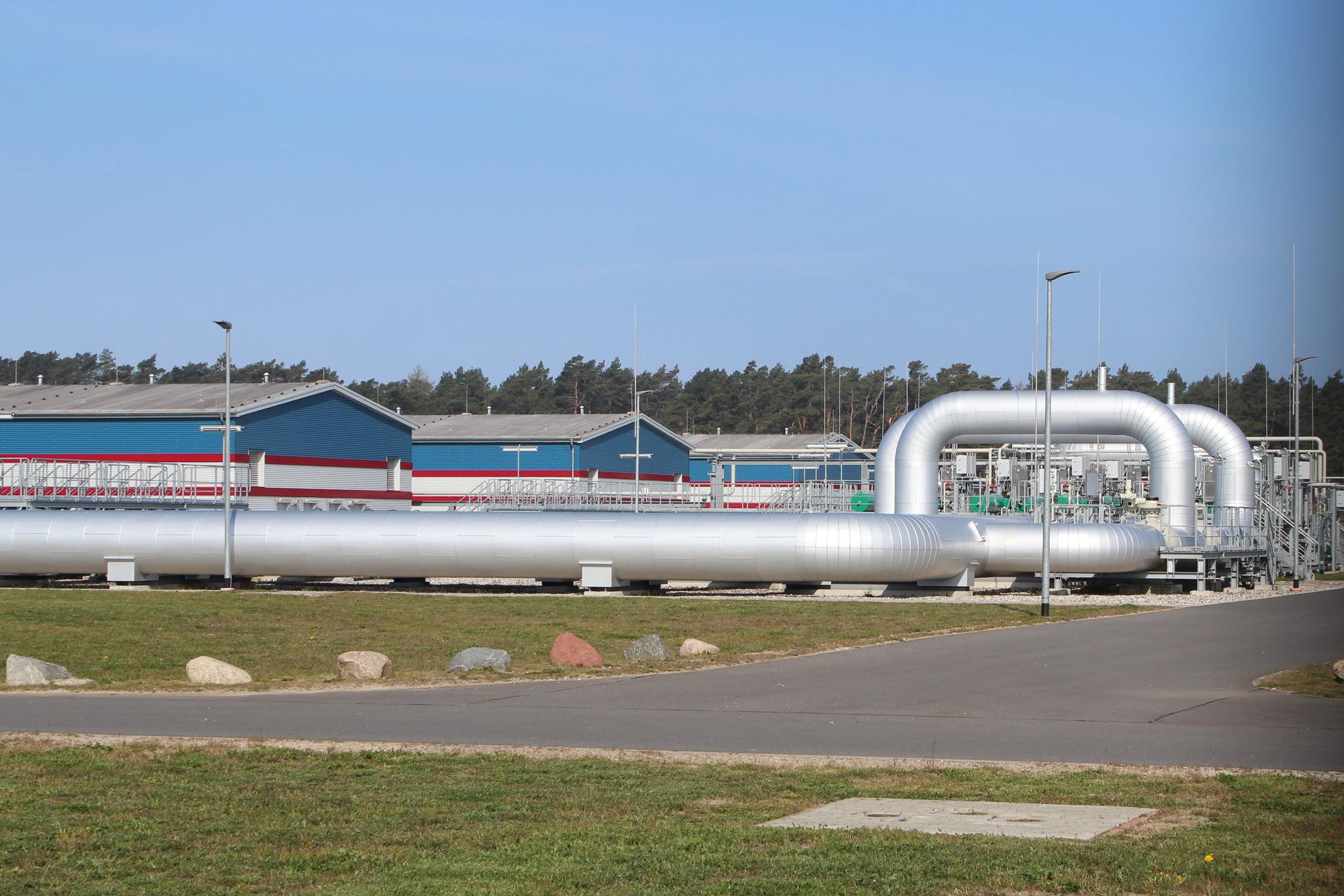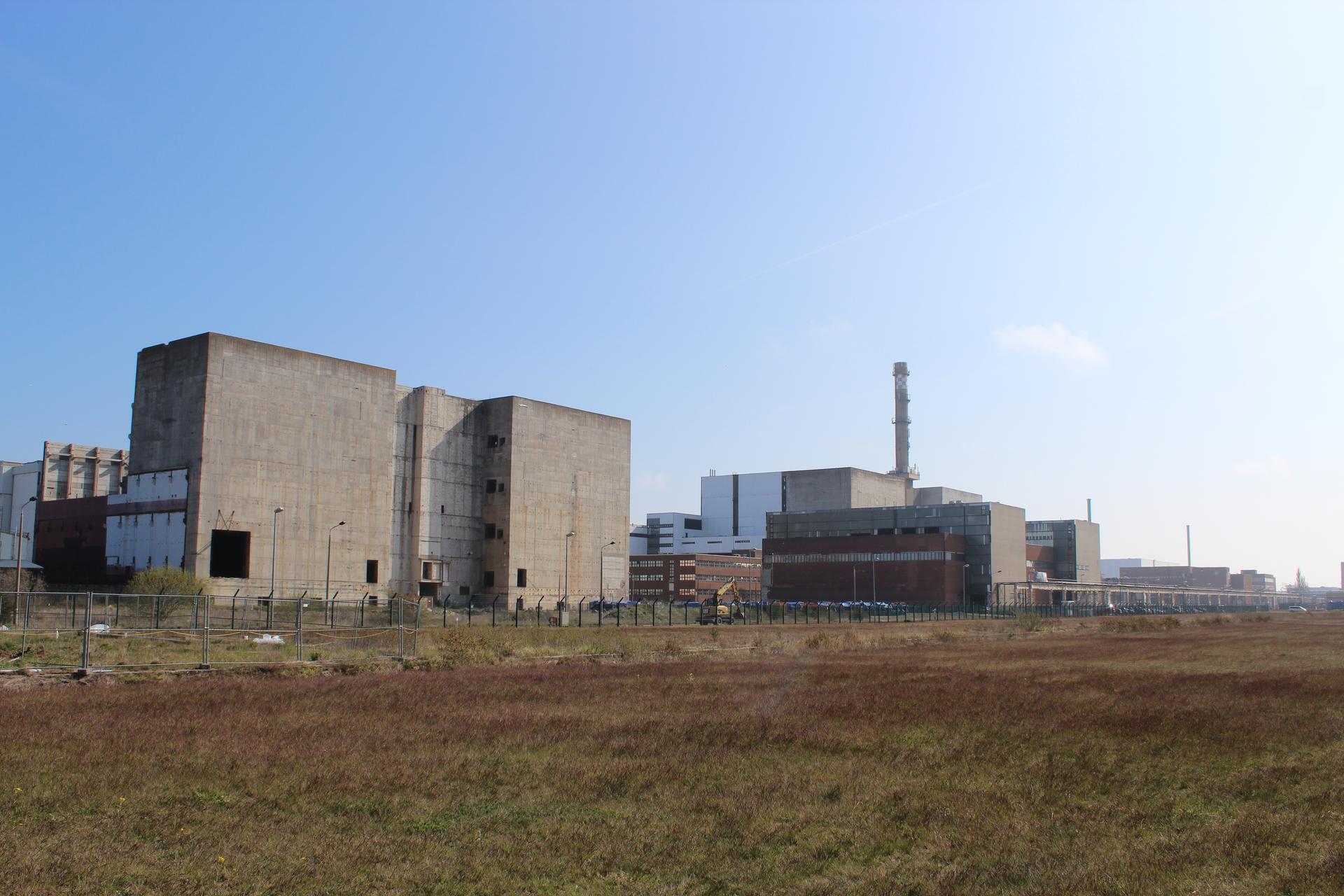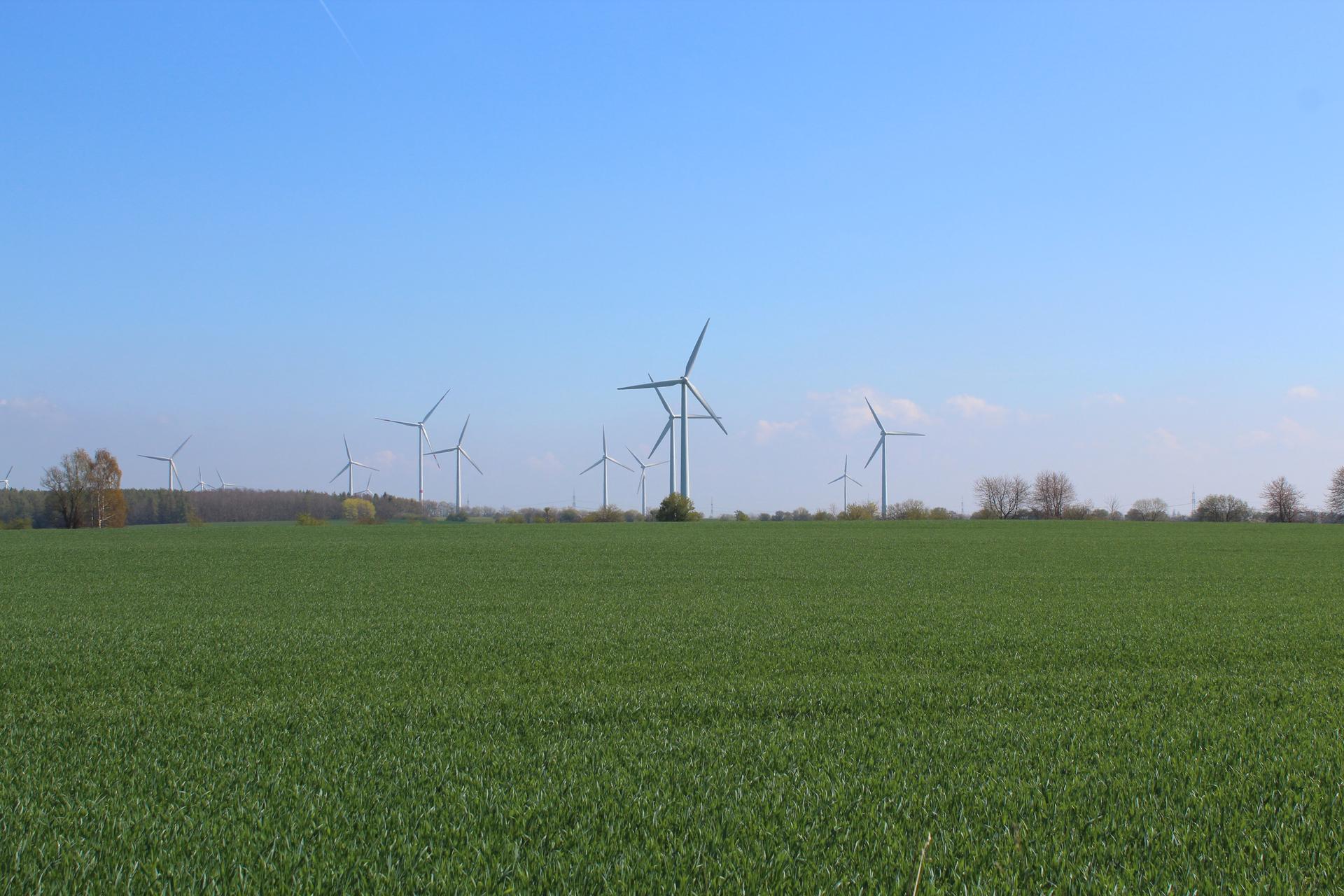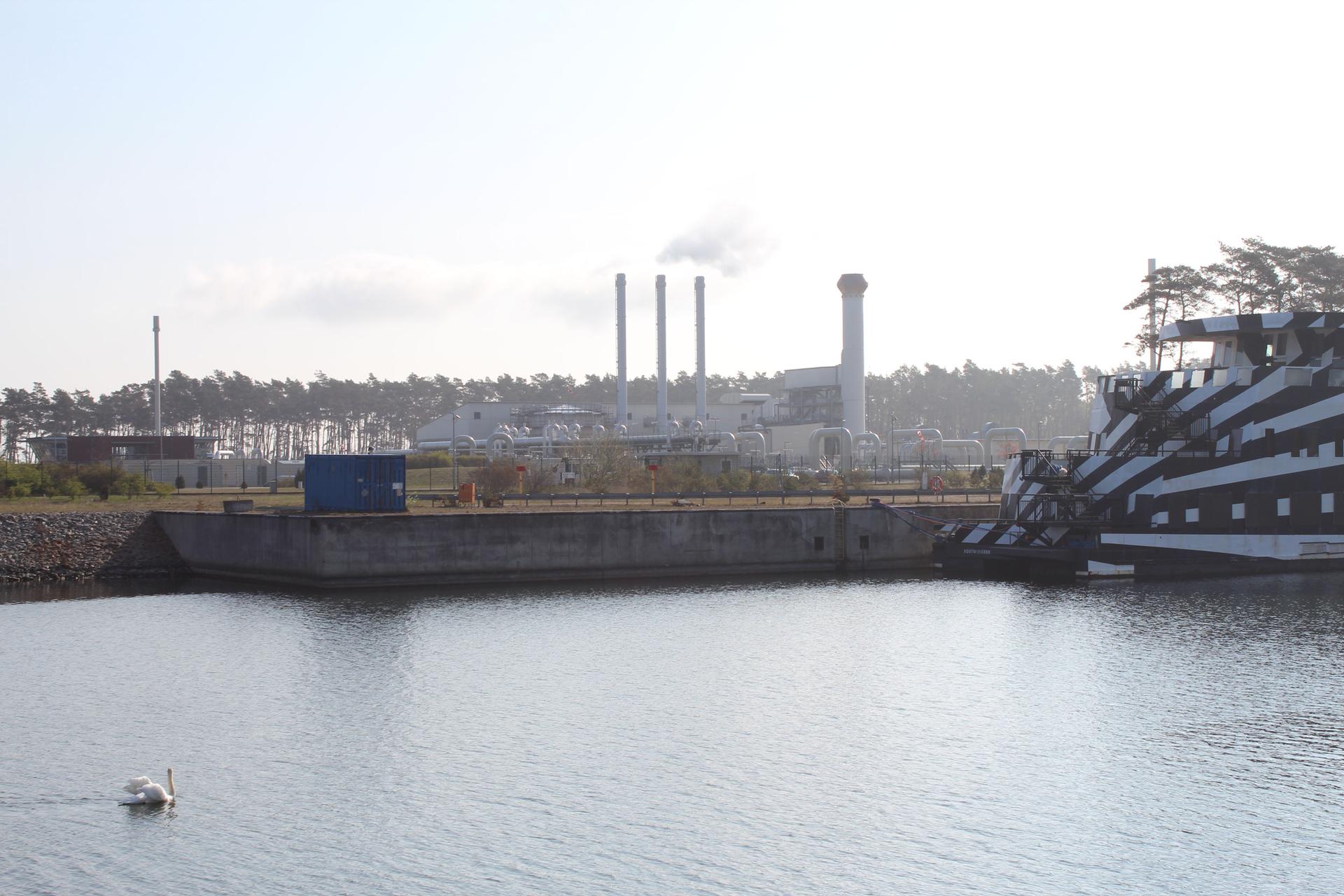Nowhere is Germany’s current energy conundrum more evident than in the small seaside town of Lubmin, on the Baltic coast, where the controversial Nord Stream 2 pipeline from Russia hits German soil.
At an industrial port located a few miles outside of town, the gas terminal’s tangle of shiny new pipes sit unused.
But Russian gas is still flowing to a sister pipeline, Nord Stream 1, at the same site.
“It’s up and running,” a regional Parliament member, Hannes Damm, said on a visit to the site on a recent morning.
In a race to decrease its dependence on Russian energy, Germany has announced plans to phase out coal purchases from Russia this summer and oil by the end of the year.
Related: Germans turn down the heat, drive less and take cold showers to use less Russian energy
In February, just days before Russia invaded Ukraine, Germany halted the Nord Stream 2 gas pipeline project, designed to double the flow of Russian gas directly into the country.
But German officials say they won’t be able to completely turn off the taps of Russian gas for years.

Damm, a Green party member in the state Parliament of Mecklenburg-Western Pomerania in northern Germany, said he supports the Nord Stream 2 cancellation, pointing out that it didn’t provide many employment opportunities.
About 10-15 people would have worked there, according to Lubmin Mayor Axel Vogt.
But Damm acknowledged that cutting off Russian gas completely and abruptly would impact Germany’s industrial sector.
Near the port, the seaside village of Lubmin depends on tourism and energy production for its local economy.
“It would be a real catastrophe if [Russian gas were cut off].”
“It would be a real catastrophe if [Russian gas were cut off],” said Thilo Siegert, who owns a catering company in town and serves fried dough and fish sandwiches at a snack stand off the town’s boardwalk.
Related: Seemingly small shifts in global temperatures have huge consequences for the planet

Nord Stream 1 brought in about $2.6 million in tax revenue in 2019, which represents about a sixth of this year’s municipal budget, according to figures provided by Vogt.
The second pipeline had a similar capacity, and was expected to bring in a similar amount of tax revenue.
Now, Siegert worries that the lost revenue will hamstring planned infrastructure projects in East Germany, an area some say has already been left behind since reunification in 1990.
“I know that things are going to slow down a bit now,” he said.
Siegert said he opposes the war in Ukraine. But he doesn’t think boycotting Russian energy will shrink Russian President Vladimir Putin’s war chest, nor does he see the country as an enemy.
“Here in East Germany, we have had many, many years of very close cooperation with Russia, and that won’t go away so easily,” he said.
Martina Shulz, who was visiting Lubmin from a nearby town, said she doesn’t have any warm feelings toward Russia. But she does have conflicting views on the cancellation of Nord Stream 2.
“One [point] is that the money has already been invested and you can’t just shut down something that’s been constructed and is ready to use. … The other thing, of course, is the political issue. These are the two hearts beating in one chest.”
“One, is that the money has already been invested and you can’t just shut down something that’s been constructed and is ready to use,” she said. “The other thing, of course, is the political issue. These are the two hearts beating in one chest.”
Her husband, Rudi Shulz, said they both worry that Russia’s state-owned gas company, Gazprom, will cut off Germany’s gas supplies completely — like it did to Bulgaria and Poland last week.
“I worry that we won’t be able to afford things, it would be economic chaos,” he said. “The big companies here, they all rely on it.”
Across Germany, energy prices were 35% higher in April than they were a year before, and inflation and consumer prices are up as well.
Related: As global oil prices surge, some African countries may see a silver lining
Nuclear power shutdown
This is not the first time that Lubmin’s energy economy has been caught in the political crosswinds.
At the same industrial port with the gas pipelines is a Soviet-era nuclear power plant, shuttered well before the end of its lifespan, as part of German reunification.
Today, seemingly endless stretches of concrete buildings await the removal of radioactive material in a decommissioning process that will take several decades.

The rest of Germany’s nuclear power plants are scheduled to close by the end of this year, the deadline written into a post-Fukushima phase-out.
That’s part of the reason why Germany has become so reliant on Russian gas.
At a cafeteria for workers cleaning up Lubmin’s nuclear plant, Matthias Krippner said that he thinks this latest reversal in energy policy — canceling Nord Stream 2 — is a bad idea.
“This is a typical example of the crazy politics in Germany. On the one side, we want to tear down coal, nuclear power plants and everything, and want to replace it with gas plants. And now they are scared, ‘Oh we have contracts with the Russians.’ Yeah.”
“This is a typical example of the crazy politics in Germany. On the one side, we want to tear down coal, nuclear power plants and everything, and want to replace it with gas plants. And now they are scared, ‘Oh we have contracts with the Russians.’ Yeah,” he said.
It leaves many wondering which sources Germans can turn to for their energy needs.
“I think a lot of people don’t think about how to manage energy,” Krippner said. “A lot of people thinking the energy comes from the plugs in the wall.”
Germany has knocked the percentage of natural gas it gets from Russia down to a third from about half before Russia invaded Ukraine, and hopes to decrease it much more in the next two years.
Related: Amid war in Ukraine, India maintains ‘strategic partnership’ with Russia
Renewable energy
Germany is rushing to build new infrastructure so it can start importing liquified natural gas from places like the US and Qatar. It plans to build four floating LNG facilities as soon as the end of the year, and two permanent terminals by 2026.
But there’s a concern, in Germany and around the world, that building out new pipelines and other infrastructure will lock countries into burning fossil fuels decades into the future — something climate scientists say is unsustainable.
As it fast tracks new gas projects, the German government has also released an aggressive new package of energy policies that aims to speed up the transition to renewable energy, with a goal to produce all of the country’s electricity without any new carbon emissions by 2035.
The coalition government already had these plans before Russia invaded Ukraine, but there’s added urgency now.

At the Lubmin port, just offshore from the gas terminals and shuttered nuclear power plant, wind turbines produce renewable energy.
Damm, the Green party politician, hopes the site can be transformed from what he calls a “black spot” on the map — one that reveals Germany’s dependence on Russia — to a place of hope.
“This place here is kind of the door, maybe, to the new era of renewables,” he said. “And that would be the best weapon against this addiction of Russian gas.”
We want to hear your feedback so we can keep improving our website, theworld.org. Please fill out this quick survey and let us know your thoughts (your answers will be anonymous). Thanks for your time!
